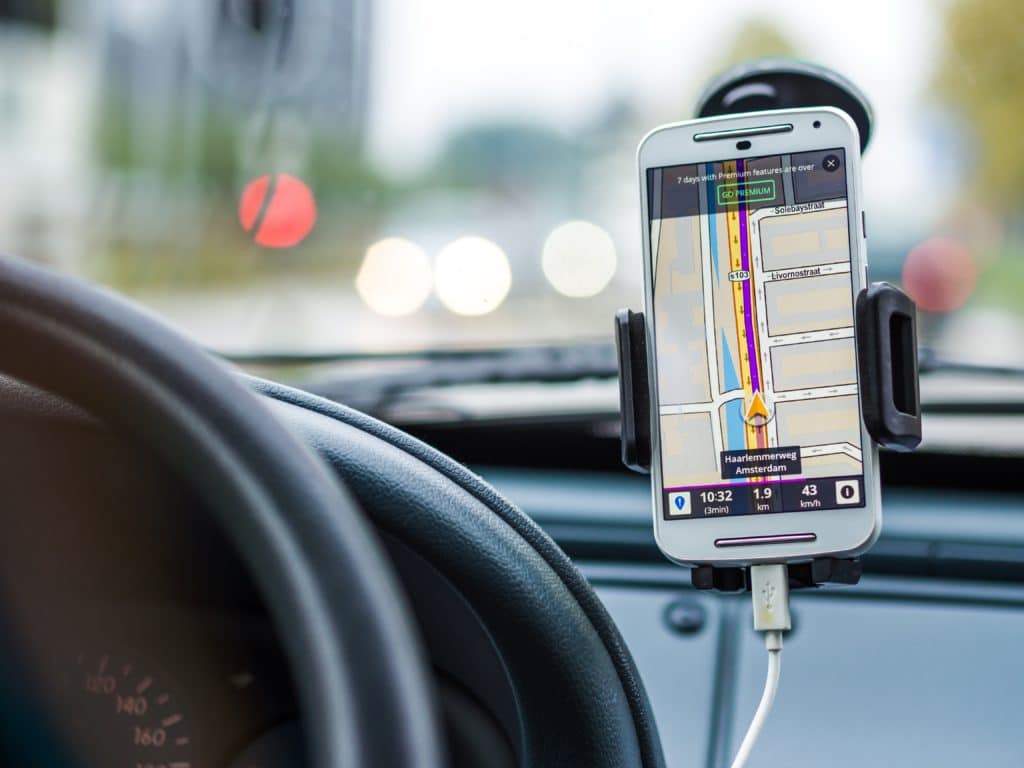Why Total Cost of Use is the key to Mobility comparison
The word Mobility means different things to different people. In the UK, it is typically associated with matters concerning mobility challenges, primarily affecting the elderly or disabled community. A common example which creates this association are “mobility scooters” – electric vehicles used to assist these people with their transport needs.
However, it’s clear in the past decade that what we mean by the word Mobility has evolved. Recent definitions have instead leant towards the idea that Mobility is a much broader term, including all vehicles, technologies, products and services that enable people and goods to move around freely. From our research we believe this is a more global definition that is now widely accepted by consumers in the USA, Europe and with businesses in related industries.

Mobility comparision
When speaking about ‘Mobility comparison’ therefore, we are speaking not just about the concept of comparing both different vehicle types, but also different ways you can access them, as well as associated supporting products and services. Whether they realise it or not, consumers and businesses are already living in a world where Mobility comparisons are taking place every day.
In the last few years, there has been an explosion of new types of vehicles, from electric cars to scooters, as well as new ways of accessing them, including subscription, sharing and rental options. This is leading to Mobility decisions getting more complex due to the ever-changing industry landscape and speed of innovation in new products and services.
This complexity is now starting to cause a problem for both consumers and businesses that is unlikely to go away. All these new options which are so different have made it hard to directly compare and choose, making it difficult to judge which of these offerings are right for you, and what delivers the best value for your money.
Compounding this, there is also a lack of trust in new and traditional vehicle providers typified by the challenges facing Uber since its launch, the historic mistrust of many car dealers, and the car manufacturer Dieselgate scandal. Global concerns for the environment and whether different vehicle types or shared solutions are better (or worse) for the planet has added even more complexity to the Mobility decision-making process.
How has the industry risen to the challenge?
To tackle this comparison challenge, the initial focus in the Mobility industry has been on trips, or rides, within cities. Companies like Citymapper, Google Maps, Uber and Freenow sprung up to help both consumers and business users navigate more effectively and efficiently in cities, and better understand the trade-off between time taken and cost when looking at solutions to get from A to B.
However, Mobility comparison is yet to extend significantly into the much larger market, where it can help consumers and businesses compare all these vehicles and access options over longer periods of time, from a whole day to a significant number of years. For example, should you buy a bike outright, or use shared bikes? When does it make sense to join a local car club, versus get more permanent access via a subscription scheme? Is it more sensible to hold on to your old car, or will it be cheaper, over a long period of time, to switch to newer?
Traditional vehicle comparisons typically focus on the purchase price. However, this can be misleading, as the cost of a vehicle can vary significantly depending on how it is used. For example, an electric car may have a higher purchase price than a petrol-powered one, but it will usually have lower running costs (both fuel and charging) over time.
There are also additional factors to also consider, such as location and availability of services, personal financial circumstances and resources, initial payments and deposits required, ongoing monthly payments, planned (and unplanned) maintenance costs, as well as depreciation. Not forgetting that the total environmental impact of vehicles can be drastically different depending on how and where they are made, delivered to a customer, used and then recycled (or not) at the end of their life.
This is where Total Cost of Use (TCU) becomes so important to help people and businesses
make better decisions for both their needs and the planet.
Why the Total Cost of Use (TCU) is so important
TCU is a comprehensive measure of the total cost of using (not necessarily owning) and operating a vehicle over a specific period of time. It includes all the initial and ongoing access costs, all essential and recommended running costs you should budget for, as well as government charges for use including tax and environmentally driven charges.
With TCU information to hand in a clear and well-explained format, it becomes much easier to work out at which point it could make more sense to own or have exclusive access to a vehicle
via a lease or subscription, rather than share, hire it for your use regularly.
Of course, not every decision is that simple and there are occasions when you may have to use more than one option. That’s real life, there are trade-offs to every choice. However, you should be budgeting for them, because your choices may be costing you more than you think and more than they are worth.
Comparing different vehicles side-by-side, taking into account a consumer or business’s usage needs, budget and preferences, is a much more accurate way to compare vehicles over periods of time. It can help consumers make more informed decisions about which vehicle is right for them, and it can save them money in the long run. We feel it’s the future of Mobility comparison.
Our vision is a future, where the convenience of personal mobility and environmentally friendly car usage can go hand in hand.




